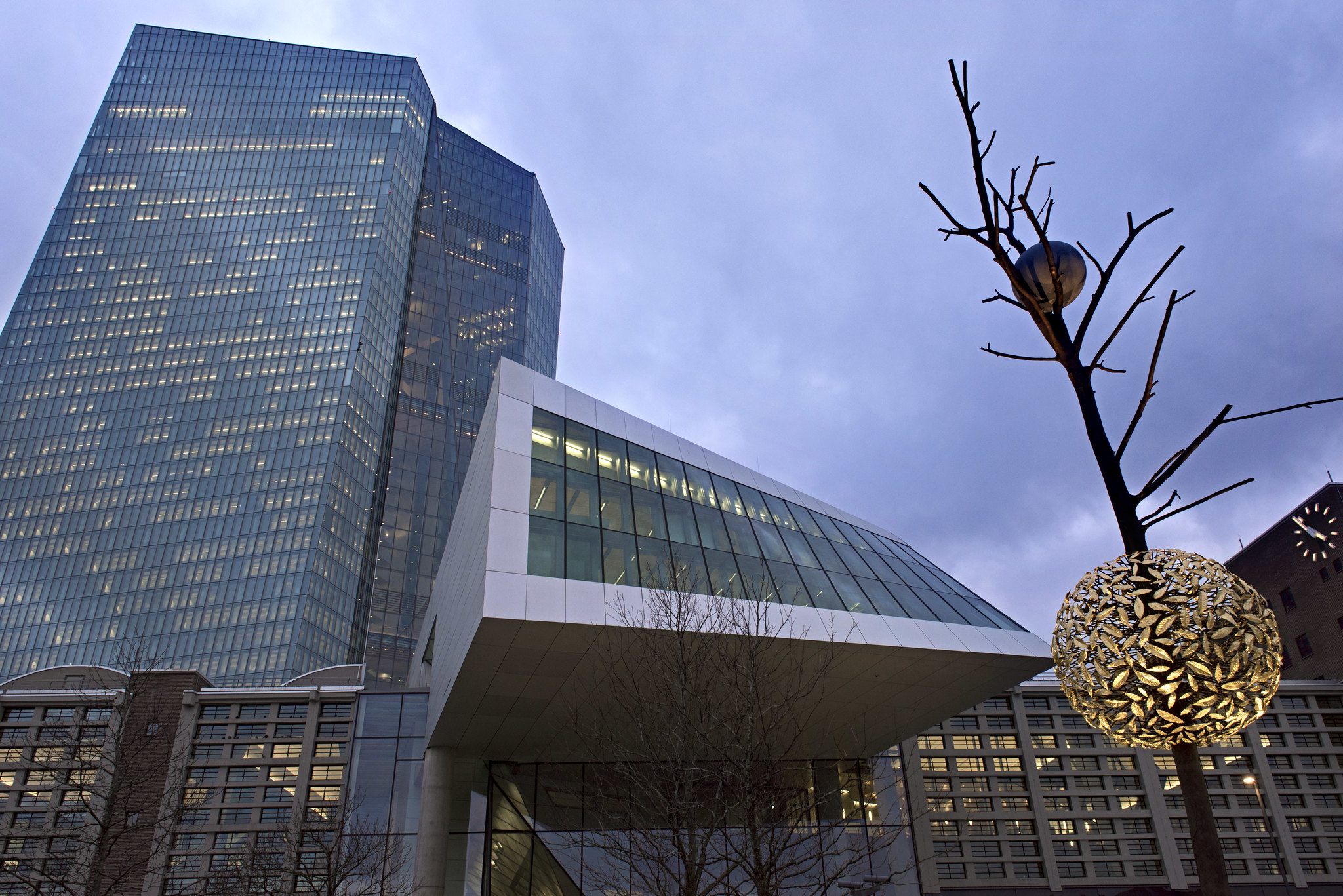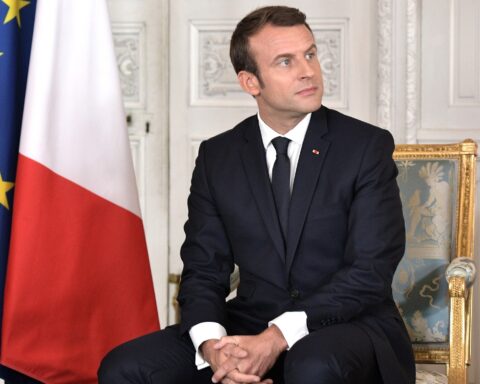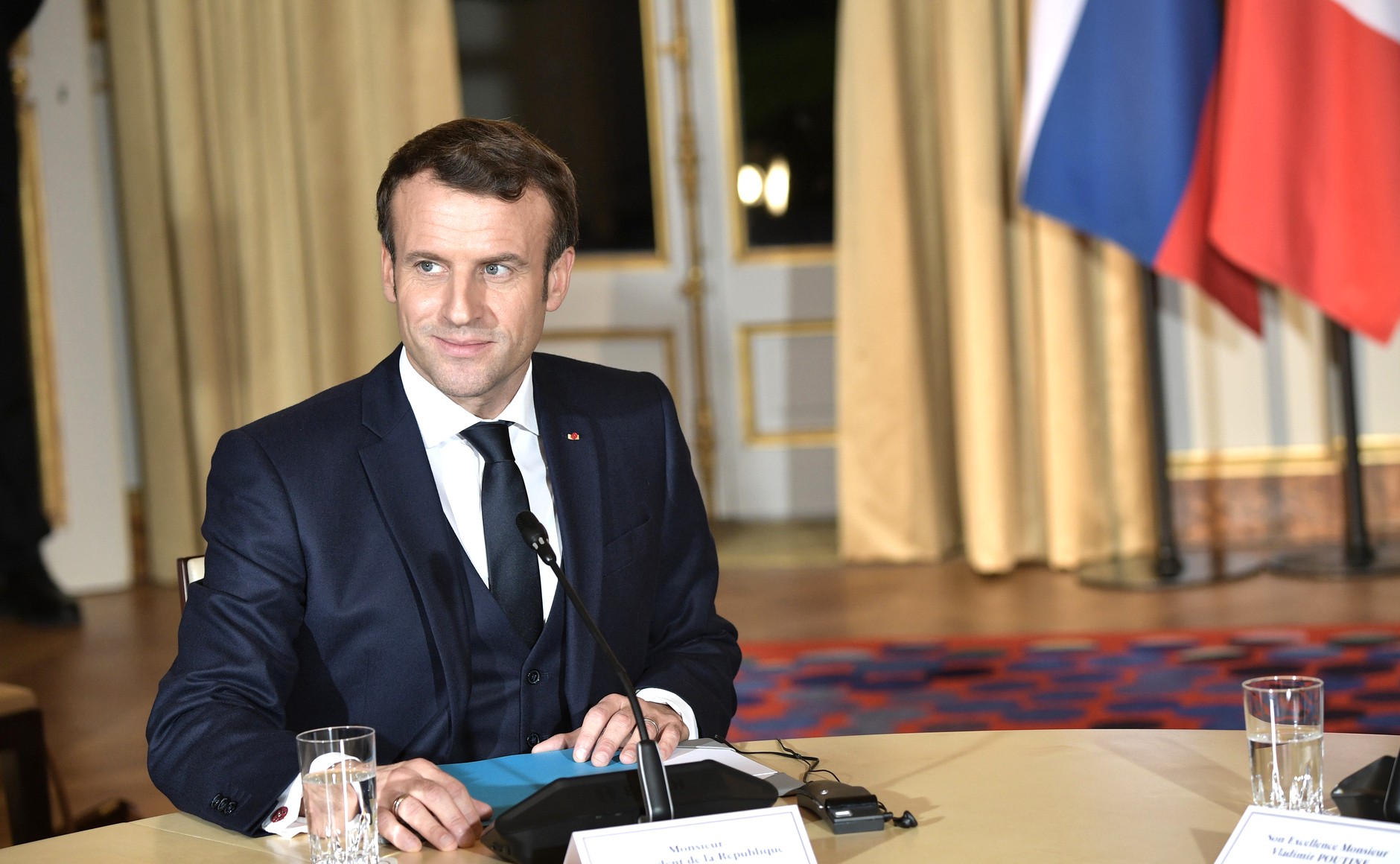We hear lots of supposedly amazing ideas coming out of Brussels, but we must really consider whether things are being presented in the correct way.
For example, the EU’s Global Gateway initiative is supposed to result in $340bn of investment in infrastructure across the developing world by 2023, but it’s not all that it seems. That huge sum of money is predominantly a mix of existing commitments, loan guarantees and private investment – not new spending.
Although Brussels as a city holds a lot of power, it is also under remarkably little scrutiny. It isn’t surprising that the politicians have to embellish things a little though – how else would one keep on top
of all the geopolitics as well as having an almost encyclopedic knowledge of how all the EU’s institutions work?
Ignoring this problem is also a widespread issue. The same people often attend all the same events, and it would be shocking and borderline offensive to people to disagree on a panel, especially with all the work that goes into policies that often don’t do a whole lot.
Of course, there are always two sides to the story, and sometimes the politicians do get it right, even if only by chance. There is also no electoral mandate in the EU; in Brussels, laws come from people who are not directly elected but must act in the European interest. Surveys are often used to determine what this interest is, but they can give misleading results. For example, an EU-funded survey showed that only 25% of Britons believed EU membership was a bad thing, despite voting to leave only 9 months before.
There are many officials in Brussels who deal with big topics intelligently and diligently, but the perks of big pensions and an expat allowance, to name a few, are too good to give up, and those that are underpaid and overworked are revealed if you stay in Brussels for long enough.
Young, hopeful employees often find themselves scrambling to feel as if they are making a difference but instead are stuck lobbying for obscurities like the aluminum industry. The system is full of this pointlessness masquerading as useful policies, and it is overflowing.

Beth Malcolm
Beth Malcolm is Scottish based Journalist at Heriot-Watt University studying French and British Sign Language. She is originally from the north west of England but is living in Edinburgh to complete her studies.





